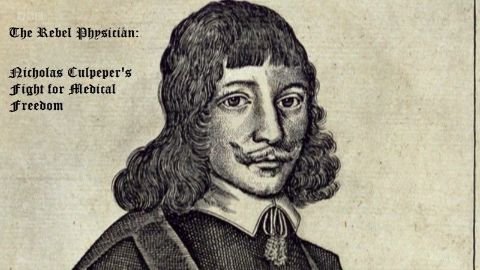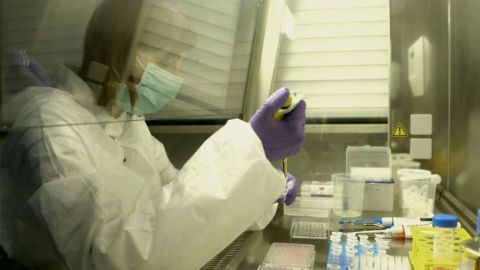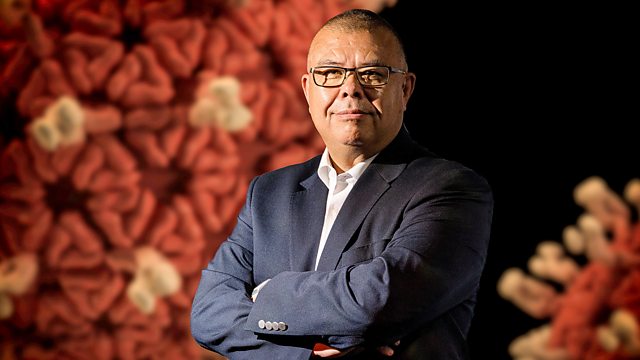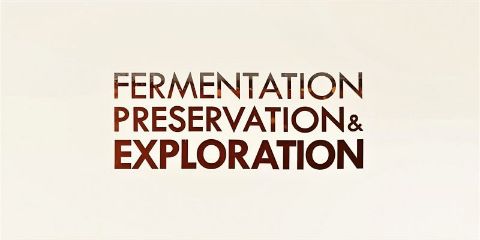Cradle to Grave • 2016
An ambitious account of the story of human physiology in a feature-length dramatised documentary. Harnessing the magic of the most modern visual effects, we tell the story of the human body—inside and out—as it lives, grows, and dies on this predestined journey we call life. This unique National Geographic docudrama traces the life of a man, Adam, from the Cradle to the Grave, explaining the science behind our highs and lows, the rites of passage we all go through and exploring the inner workings of our bodies and how they change through time. The 90-year-old narrator, Adam, reflects on his life from conception through boyhood, adolescence and beyond, revealing the events that shape him. Along the way we meet the class bully, Adam's first love and the sergeant major preparing him and fellow recruits for Vietnam. With the aid of stunning computer-generated visuals, we go under the skin to reveal how Adam's body responds to major life events, and his story is told in dramatic scenes from the 1950s to the present day.
Make a donation
Buy a brother a hot coffee? Or a cold beer?
Hope you're finding these documentaries fascinating and eye-opening. It's just me, working hard behind the scenes to bring you this enriching content.
Running and maintaining a website like this takes time and resources. That's why I'm reaching out to you. If you appreciate what I do and would like to support my efforts, would you consider "buying me a coffee"?
Donation addresses
BTC: bc1q8ldskxh4x9qnddhcrgcun8rtvddeldm2a07r2v
ETH: 0x5CCAAA1afc5c5D814129d99277dDb5A979672116
With your donation through , you can show your appreciation and help me keep this project going. Every contribution, no matter how small, makes a significant impact. It goes directly towards covering server costs.





